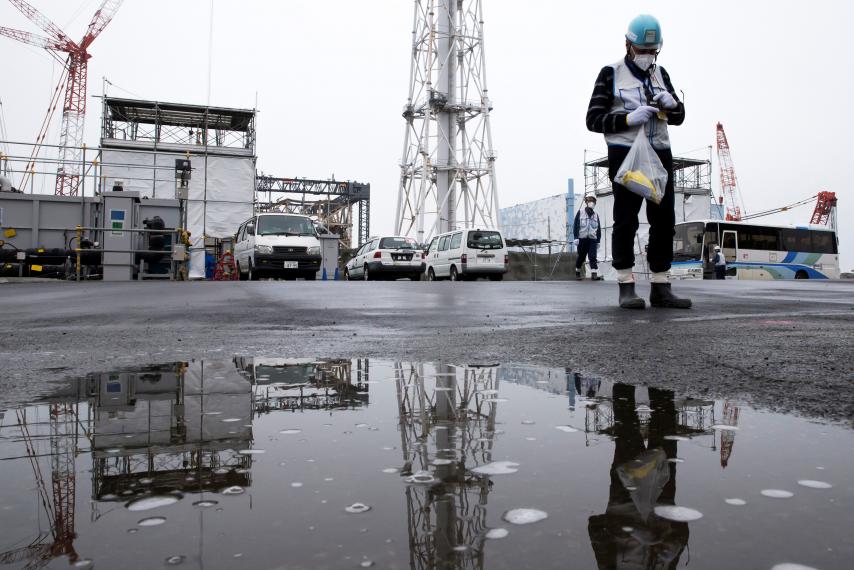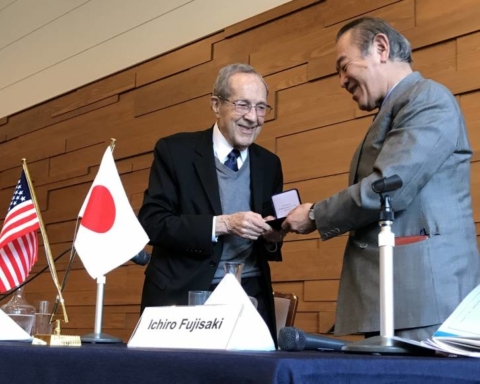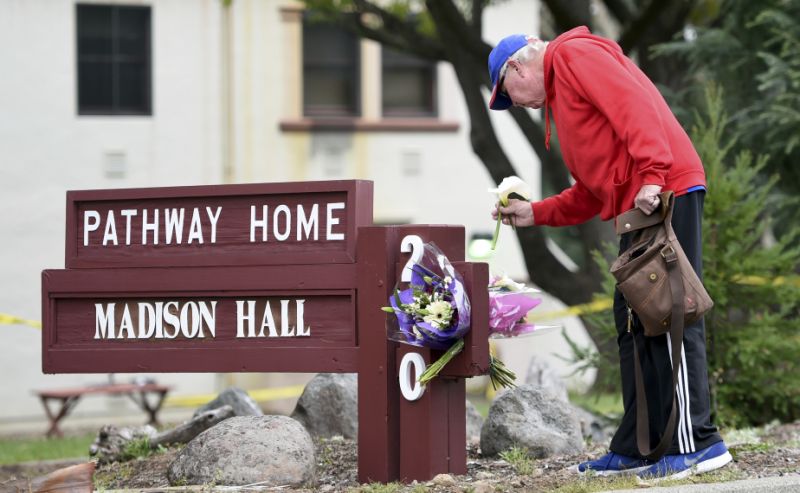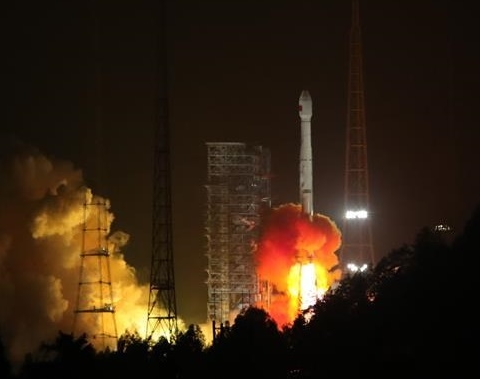After seven years, most of Japan’s nuclear refugees from Futaba, the scene of the March 2011 Fukushima nuclear meltdown, have resigned themselves to the fact that they must build new lives elsewhere and will never be able to return home. Nevertheless, they cling to memories of the past while officials remain optimistic a future still exists where people, jobs and lessons learned from the disaster-hit Fukushima Daiichi plant will bring the town back to vibrancy. For over three decades, the nuclear power complex in Futaba supplied electricity, mainly to Tokyo, about 230 km south, without using any itself. Like nearby small municipalities, by hosting the plant, the town benefitted from the central government’s subsidies to support its poor revenue from rural farming. Now almost all of the nearly 7,000 Futaba citizens have scattered across the country due to the nuclear disaster, and 96 percent of the town is still off-limits for habitation. Nearly two-thirds of Futaba’s citizens are aged 60 or older. According to an annual survey released in February, 61.1 percent of all citizens have decided “not to return”. Futaba Mayor Shiro Izawa aims to attract firms such as those for nuclear technology research and development into the area to create jobs and help citizens explore opportunities to return, but the Fukushima prefectural government predicts that the scheduled decommissioning of the plant will require 30 to 40 years to complete.
Latest from ASIA
At the invitation of Chinese Foreign Minister Wang Yi, Dmytro Kuleba, the Minister of Foreign Affairs
The official media of the Democratic People’s Republic of Korea (DPRK) today called on the international
China and Kyrgyzstan today agreed to establish a comprehensive strategic partnership. The agreement was reached during
After days of touting success in managing to bring the leader of the rogue nuclear regime
China will launch another 11 BeiDou-3 satellites by the end of 2018, adding to its domestic










